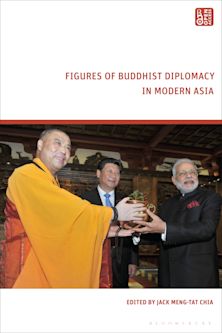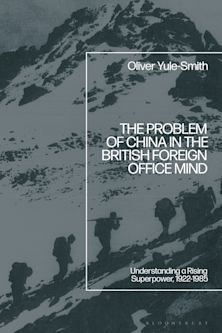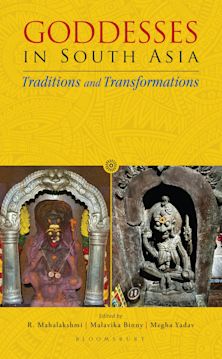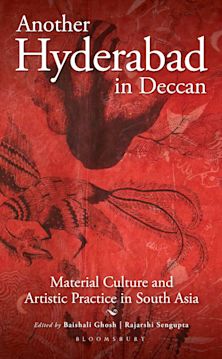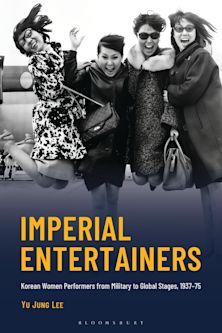- Home
- ACADEMIC
- History
- Asian History
- North China at War
North China at War
The Social Ecology of Revolution, 1937–1945
North China at War
The Social Ecology of Revolution, 1937–1945
- Delivery and returns info
-
Free US delivery on orders $35 or over
You must sign in to add this item to your wishlist. Please sign in or create an account
Description
During the War of Resistance to Japan from 1937 to 1945, the Chinese Communist Party (CCP) grew from a marginalized political force on the geographical periphery of Chinese society to a position of national leadership. Explaining this transformation has long been a major point of contestation among scholars. This groundbreaking volume draws on newly available documentary sources to explore key facets of the partyOs move to power. Leading scholars from China and the West compare the varied experiences of the CCP_and its interactions with local society_in all the border regions and base areas of resistance to the Japanese invasion on the North China battlefront. Eschewing grand theory, the authors develop a Osocial ecology of revolutionO that traces the relationship between local conditions and patterns of social and political change. By individualizing the experience of the party by locality, period of the war, and stage in the development of mobilization and rule, the book highlights the importance of the military situation, CCP internal control mechanisms, peasant resistance, as well as the roles played by the Nationalist Party and intellectuals in the development of the border regions and base areas.
Table of Contents
Chapter 2 Getting Peasants Organized: Village Organizations and the Party-state in the Shaan Gan Ning Border Region, 1934-1945
Chapter 3 Revolution in a 'Feudal Fortress': Yangjiagou, Mizhi County, Shaanxi, 1937-1948
Chapter 4 Social Reform and Value Change in the Jin Cha Ji Anti-Japanese Border Region
Chapter 5 Social and Political Change in the Villages of the Taihang Anti-Japanese Base Area
Chapter 6 Resistance and Revolution, Religion and Rebellion: The Sixth Trigram Movement in Licheng, 1939-1942
Chapter 7 The Making of the Jin Sui Base Area: Peasants, Intellectuals, and Democratization
Chapter 8 The Survival of the Shandong Base Area, 1937-1943: External Influences and Internal Conflicts
Chapter 9 Comparative Perspectives: North and Central China in the Anti-Japanese Resistance
Product details
| Published | May 24 2000 |
|---|---|
| Format | Hardback |
| Edition | 1st |
| Extent | 256 |
| ISBN | 9780847699384 |
| Imprint | Rowman & Littlefield Publishers |
| Dimensions | 9 x 6 inches |
| Series | Asia/Pacific/Perspectives |
| Publisher | Bloomsbury Publishing |
About the contributors
Reviews
-
Collected together the papers provide an excellent example of the range of analyses demanded by the complexity of the modern Chinese historical experience.
War in History
-
This would be an effective introductory reading for graduate classes.
The China Journal
-
[T]his very useful and enlightening volume, which, helpfully focused by the methodological reflections in its introduction and conclusion, enables a greater insight and understanding of the complex social diversity at work in the revolutionary process. It was not without difficulties and setbacks that this process finally led to the defeat of the Japanese and the ultimate victory of the CCP. It is all the more useful to turn back to these issues, because since the 1980s a plethora of CCP documents, personal memoirs, and works by Chinese historians on the Sino-Japanese war period have been published that tend to obscure them, or even conceal them completely.
China Perspectives












